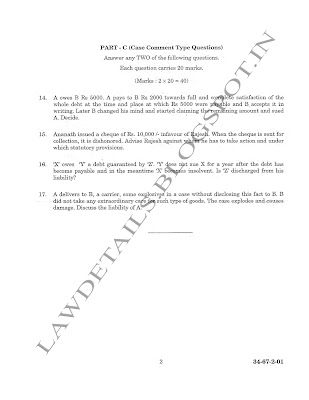
obiter dicta:
(oh-bitter dick-tah) n. remarks of a judge
which are not necessary to reaching a
decision, but are made ascomments, illustrations or thoughts. Generally, obiter
dicta is simply "dicta".
Dictum: [Latin, A remark. ] A statement , comment , or
opinion. An abbreviated version of obiter dictum, "a remark by the way," which is acollateral opinion stated by a judge in the decision of a case concerning legal matters that do not directly involve the facts oraffect the outcome of the case, such as a legal principle that is introduced by way of illustration, argument, analogy, orsuggestion. Dictum has no binding authority and, therefore, cannot be cited as precedent in subsequent lawsuits. Dictum is the singularform of dicta.
Dicta: Opinions of a judge that do not embody the resolution or determination of the specific case before the court. Expressions in acourt's opinion that go beyond the facts before the court and therefore are individual views of the author of the opinion and notbinding in subsequent cases as legal precedent. The plural of dictum.




















